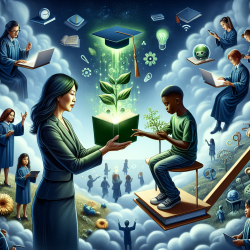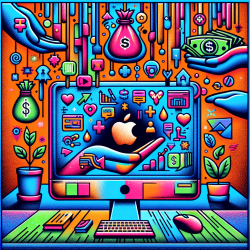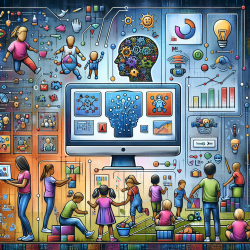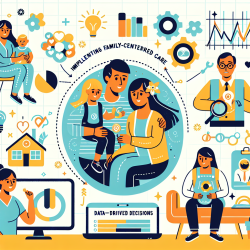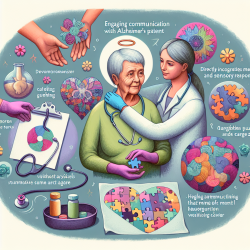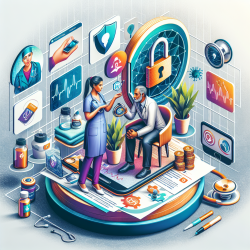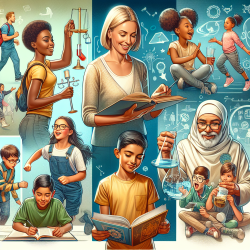As practitioners in the field of online therapy, particularly within educational settings, it is vital to continually seek ways to improve and adapt our practices. One emerging concept that can significantly enhance our approach is "agential literacy," a term rooted in sustainability science education. The recent research article "Sustainability science education: our animalistic response-ability" by Bateman, Steele, and Sexton provides valuable insights into this concept and its implications for education and therapy.
Agential literacy emphasizes understanding our interconnectedness with the world, recognizing that humans are not separate from nature but are part of a complex web of interactions. This perspective encourages us to reframe our roles from mere participants to active sustainability engineers. Here’s how you can implement these ideas in your practice:
- Integrate Agential Literacy into Therapy Sessions: Encourage students to see their actions as part of a larger system. Use examples from nature to illustrate interconnectedness and the impact of individual actions on the environment and community.
- Promote Critical Thinking: Foster an environment where students question and explore the consequences of their actions. Encourage them to think about sustainability and their role in creating a more equitable and sustainable world.
- Collaborate with Educators: Work closely with teachers to incorporate agential literacy into the curriculum. Share resources and strategies that help students understand their entanglement with the environment.
- Advocate for Policy Changes: Support initiatives that promote equitable education and sustainability. Engage in discussions with policymakers to ensure that educational policies reflect the need for agential literacy and sustainability education.
By embracing agential literacy, practitioners can help students develop a deeper understanding of their role in the world and empower them to become agents of change. This approach not only enhances educational outcomes but also fosters a sense of responsibility and stewardship for the environment.
To read the original research paper, please follow this link: Sustainability science education: our animalistic response-ability.
